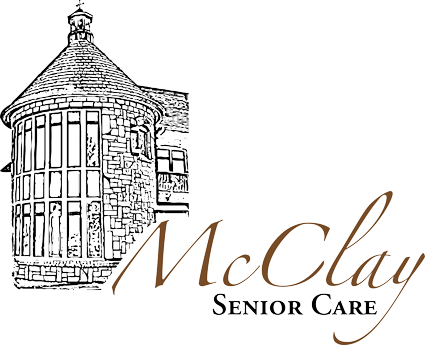Allison Espinosa was the first Care Pro we hired in our Dallas office. Once you meet her, you’ll know why. It’s not just her 13 years of professional caregiving experience, it’s the way she cares that makes her special. Since everyone who meets Allison becomes a friend, she’s Alli to us—and to all her Nano clients. We’re so happy she’s on our Care Team.
1. Is there anything about your family or background that makes you especially passionate about caring for others?
Absolutely. My younger sister had her first surgery when she was minutes old—she’s had 69 so far. When I was little, I thought all families spent weeks in the hospital. I was always around doctors, nurses, and patients. That was my normal. My great grandmother, who had Alzheimer’s, moved in with my family. Keeping her company was my job. I was so excited when she taught me how to peel potatoes. To this day every time I hold a potato, a Great-grandma smile comes through. My parents were Nano with me when she had to go to a home. Grandma is sick, and we can’t take care of her anymore, they said. I knew it was time. Even at 6 years old.
2. How did you get into being a caregiver?
When I went into labor prematurely, my labor and delivery nurse Rachel, had the most incredible amount of patience and took such amazing good care of me. She was also pregnant and due the same time as me. My angel daughter didn’t survive, but sometimes I think the reason my baby was with me at all was to show me my direction in life—to be there and care for others as Rachel had for me. Rachel had her baby, and we’re still friends over a decade later. I guess I had two great influences guiding my fate. Maybe losing my baby was in some ways meant to teach me empathy and direct me to help people.
3. Why did you choose Nano?
I saw the app and I got excited instantly. I had been working in a lot of facilities, but there were a lot of restrictions at nursing facilities. You can’t really enjoy being with people. It’s too hectic and too many people yelling for you. I decided I wanted to get back into home care and I met with Kathryn who runs the Dallas office. At other jobs, it was always we need bodies to fill spots. She wasn’t looking for people to fill spots—she was looking for people who love to care for others.
4. What do you love most about being a professional caregiver?
Sounds cliché, but I enjoy the difference I can make in someone’s life. When families become caregivers they stop being family members. Husbands stop being husbands, wives stop being wives. When I come in and take care of the tasks that nobody wants to do, I let the other person be a spouse or a child again. I get to give family members back to their families. That makes me feel really good.
5. What’s your greatest challenge in this work?
I take it all in stride. My experience takes over most of the time without me thinking about it. Like reflexes. The only thing that I can truly say bothers me is when someone asks a person with Alzheimer’s, Why don’t you understand? Or I just told you this an hour ago. People who aren’t empathetic to another person’s affliction is hard for me to watch.
6. What’s the secret to a great relationship between a caregiver and a client?
Complete honesty. And that builds mutual respect. Nobody wants someone in their home who is going to be fake. If a Care Pro doesn’t love what they do, the client can feel it. They want someone who can talk truthfully about what is going on and treat them like real people.
7. Will you share with us a rewarding moment you’ve had as a Care Pro?
Recently, I was working hard to get a bed-bound man clean. It took a good hour. I was really struggling and sweating, and he was uncomfortable. I was talking to him, trying to make him feel at ease, but he didn’t say a word. When I was done, he looked at me and softly said, Thank you. And I remember feeling so good about helping him. Those two words made that all worthwhile. All caregivers have little moments like that and they feed your soul.
8. What do you like to do outside of work?
Always, always, always at the gym. I run obstacle course races. Knit. Crochet. Spend time with my little girl and my friends. Sleep sometimes.
9. Name one thing about you that might make people say WOW!
Most people don’t know that I am really good with a bow and arrow. They don’t picture me toting around a compound crossbow—but I’m a pretty incredible shot. I go to the range and shoot arrow after arrow. It helps me relax and concentrate. Almost meditative.
10. What do you collect?
Easy. Coffee mugs. I love coffee mugs. When my friends travel they always bring me back one they think I might like. The only rule is you have to have actually been there, not just passing through. I have about 150 so far. Now you know my weakness. ☺


